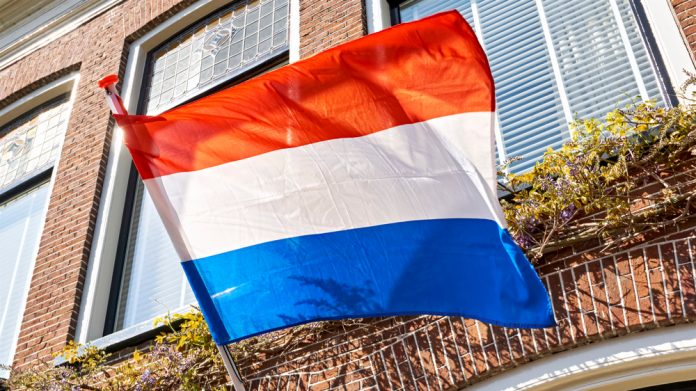Kansspelautoriteit, the Dutch gaming authority, believes it has taken a “major step” towards creating a safer online gambling market with the launch of its amended Responsible Gaming Policy.
The updated policy, published in the Netherlands’ Government Gazette, details a range of adjustments and clarifications, including the obligation for real-time monitoring and financial deposit limits. Changes have also been made to advertising rules.
While most of the amended Responsible Gaming Policy has come into effect as of today following publication in the Government Gazette, the remainder of the policy – such as deposit limits – will be enforced from October 1 due to necessary IT adjustments, recruitment of new employees and preparation time required before implementation.
The initial implementation date was set for May 2024, but the authority pushed this timeframe back to June due to the response period extension given to gaming industry stakeholders to comment on the proposed changes in a consultation launched in December, as well as the large number of responses it received from that consultation.
Real-time monitoring
For real-time monitoring, the KSA stated that online operators must “detect, analyse and intervene within a maximum of one hour of a signal or reasonable suspicion of excessive participation or gambling addiction,” with this taking place at any time, 24/7.
To be implemented from October 1, listed under Article 3.1.12, examples of signals listed within the Government Gazette of excessive gambling or gambling addiction include if the player:
- can no longer bear the financial consequences of gambling;
- excessively tries to recoup losses;
- complains urgently or repeatedly about not winning or not winning enough;
- urgently or repeatedly requests bonuses;
- a credit card or e-wallet used to make a deposit into the gaming account;
- multiple payment methods used for a deposit into the gaming account;
- at times that are unusual for the player, taking particular attention to participation at night (from 00:00 to 06:00);
- participates for a total of more than six hours within a day;
- participates significantly more often than other players at the licence holder;
- behaviour that has negative personal, social or societal consequences caused;
- negative personal, social or societal consequences of his or her gaming behaviour denies, avoids or ignores; or
- tries to disguise a signal or evade an intervention measure or circumvent.
Deposit limits and financial checks
Deposit limits – €300 per calendar month for players aged 18-24 and €700 per calendar month for players over 24 – as well as the associated verification obligation providers must conduct to check if players can afford to gamble more, will also be enforced from October 1.
From this date, if a player hits their respective deposit limit amount during a calendar month, Dutch operators must block any further deposits and carry out a financial check to make sure the player in question can afford to gamble over their specific deposit limit.
This financial check must be done within one hour of the deposit limit being hit and the player must be interviewed, either in person when playing inside a casino, or on the phone, email or chat box. An on-screen or online pop-up is not acceptable.
These checks can also be conducted by online operators earlier if they have a suspicion of excessive participation or gambling addiction.
If following a financial check a player is found to be unable to afford the additional amount, operators are required to block any further deposits from that person for that calendar month.
Deposits may only be accepted again once a player demonstrates they can afford their gambling or if a withdrawal from the player’s gambling account takes place that moves them back below the deposit limit. A block would be implemented again if they go over the value limit once more in the calendar month.
If a player can provide income information that shows they can afford to go beyond the €700 limit, then their deposit limit can be adjusted to a figure that is appropriate for their respective income.
The gaming authority stated that exceptions to the deposit limit can be made if operators can justify why such change is needed, such as in a situation where a professional poker player is paying a higher amount for a tournament buy-in. However, checks for excessive participation or gambling addiction must still take place in these situations.











